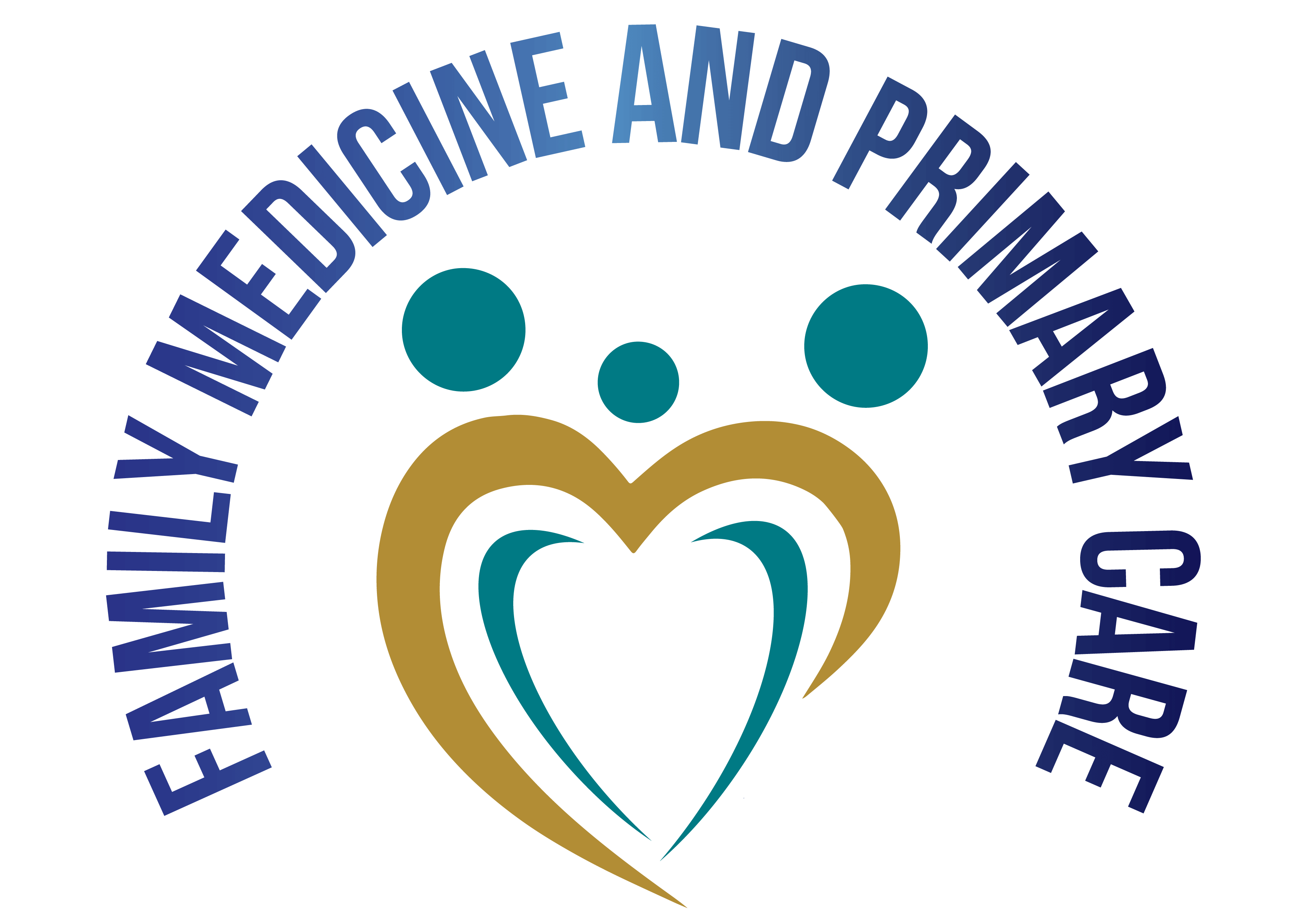In 1996, the first group of collaboration students were sent to Cuba. Wits received its first cohort in 2006 of small numbers returning after 5 years of training to complete an 18-month integration programme.
The Project as it is currently structured received its 1st cohort in 2018; the first large cohort to return and therefore requiring a different and more structured approach. Of the 714 students placed at eight Medical Schools nationally, Wits received the largest cohort. 149 students were received at the end of July 2018.
We are currently expecting cohort 4, with our 1st graduates about to commence their community service rotations.
Vision
To produce a Day 1 ready intern, with appropriate clinical, procedural, theory, communication, and professional-attitude competencies. Psychosocially and technologically relevant, able to meet the demands in whatever setting (s)he is found within and beyond the South African Health care system.
?Mission
Considering this is an 18-month programme structured into 3 PHASES:
Phase 1 – 4-week orientation course centrally at WITS
Phase 2- 3 weeks X 5 core disciplines short burst rotations driven by the Central departments
Phase 3- 12 months of 5 X 8 weekly rotations at peripheral Academic Health Centers.
The following objectives guide the project:
- To deliver an integrated curriculum as endorsed by the SA Committee of Medical Deans and the NMFC Ministerial Task Team that prepares the NMFC collaboration student for DAY 1 internship.
- To promote competencies in knowledge, procedural, communication, and professional attitude with the Workplace-based assessment (WBA) toolset as the primary pedagogy.
- To promote a culture of a one-on-one understanding of each of the NMFC students, as a basis of providing academic and psychological support.
- To promote a culture of continuous faculty development inter-WITS faculty and within the Academic Health Complexes (AHC).
- To advertise the new reality of competent indigenous WITS-NMFC collaboration doctors relevant in whatever settings they find themselves post-learnership.
- To nurture 360 degrees relevant medical graduates in an inter-professional education space, who cultivate a culture of reflective practice and adaptive action in their medical careers.
- To promote a collaborative relationship between the staff of the Department of Health and the School of Clinical Medicine University of Wits across all cadres of healthcare delivery.
The syllabus as a framework for achieving these objectives across the core disciplines of Internal Medicine, Surgery and Orthopedics, Obstetrics and Gynecology/Anesthesia, Psychiatry, Family Medicine and Pediatrics, levels of knowledge and proficiency as expected of the students are explained in the curriculum document.







